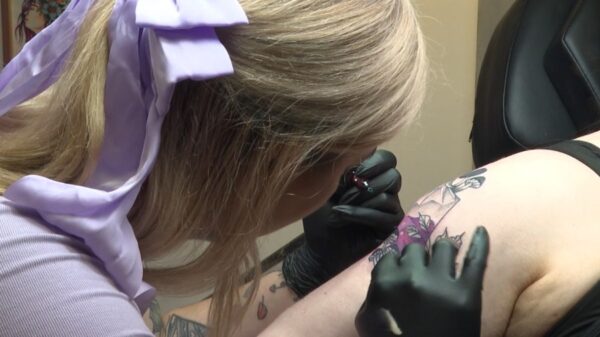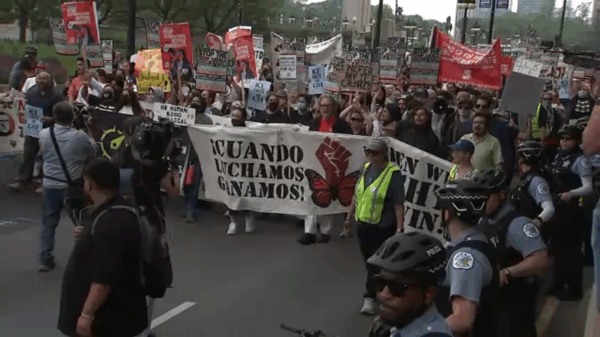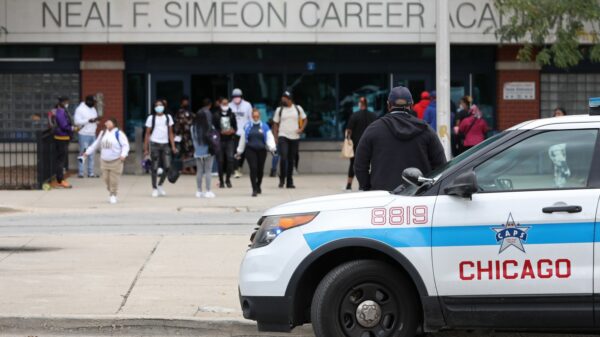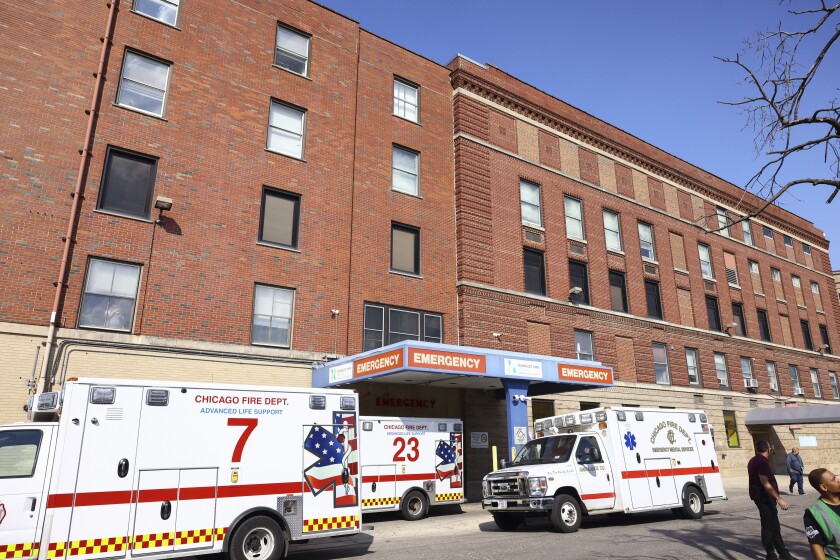The Illinois Coalition for Immigrant and Refugee Rights recently hosted a lobbying event at the state capitol, advocating for significant changes to immigration enforcement laws. Among the proposals is a contentious measure that would require hospitals to establish procedures for interacting with law enforcement, aimed at enhancing patient privacy.
The coalition’s agenda includes stringent limits on the execution of civil immigration warrants in state courthouses, a move likely to face legal challenges. Current Illinois law mandates judicial warrants for state and local police cooperation with immigration enforcement, a requirement that aligns with recent actions by federal judges to restrict the use of blank civil warrants. Cook County Chief Judge Timothy Evans has already issued an order prohibiting civil arrests within county courthouses.
In addition to the proposed hospital bill, the coalition seeks to broaden the definition of who qualifies as an immigration agent under the Illinois Trust Act. This would expand the list of officials prohibited from collaborating with immigration authorities to include university police, school resource officers, and staff from the Department of Juvenile Justice. The coalition also aims to restrict direct access by U.S. Immigration and Customs Enforcement (ICE) to government databases and to enhance existing limitations on sharing information about individuals in custody with immigration officers.
The proposed Healthcare Sanctity and Privacy Act has raised alarms among hospital administrators across Illinois. A spokesperson for the coalition indicated that the legislation would ensure hospitals “take the necessary steps to protect private hospital spaces and sensitive information,” especially as attempts to discourage community members from seeking medical care persist.
The Illinois Hospital Association expressed concerns regarding the potential implications of the bill. The association highlighted two recent incidents involving ICE at hospitals in the state. On October 3, masked individuals brought an immigrant with a broken leg to an emergency room, refusing to disclose whether the individual was in custody. ICE agents insisted on accompanying the patient into the operating room, a request denied by hospital staff. The legal team from Humboldt Park Health intervened by deploying an immigration attorney to ensure proper procedures were followed.
A similar situation unfolded at Rush Oak Park Hospital shortly thereafter. ICE agents were initially uncooperative but ultimately allowed hospital staff to provide treatment to a patient without interference. The hospital’s general counsel arrived to manage the situation, and the agents cooperated by providing their badge numbers. The ICE agents departed once it was confirmed that the patient was a U.S. citizen.
In response to the proposed bill, an official from the Illinois Hospital Association stated, “We already have protocols in place for law enforcement engagement. Patient privacy is regulated under Federal HIPAA.” This official emphasized the need to review the specific language of the proposed legislation to ascertain whether it merely seeks to codify existing practices or imposes new responsibilities on hospitals.
During a press conference, House Speaker Emanuel “Chris” Welch referenced incidents like those at Loyola Medical Center, asserting that the presence of ICE in hospitals is unacceptable. “ICE is just walking in and arresting people who are there trying to get taken care of medically. That’s not right. Hospitals should be a safe space,” he remarked. Welch commended the legislators working on the bills and expressed hope for progress by the end of the veto session scheduled for October 30, 2023.
As discussions continue, the outcome of the proposed legislation could have significant implications for healthcare facilities and immigrant communities across Illinois. The balancing act between patient privacy and law enforcement needs remains a contentious issue worthy of close attention.





































































